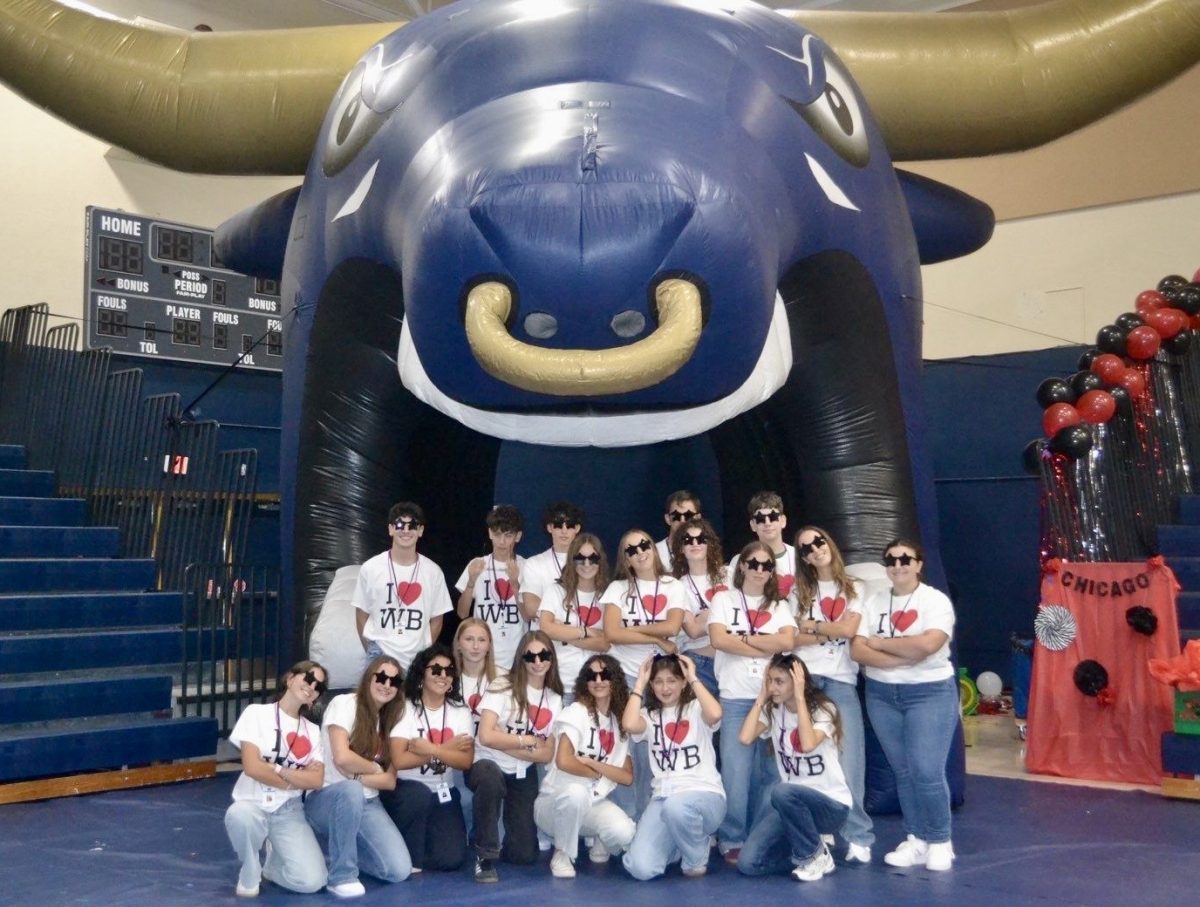At Harvard, grades are not enough

Image by: www.clipartmax.com
February 1, 2019
In 2014, Students for Fair Admissions (SFFA) issued a lawsuit against Harvard University and University of North Carolina Chapel Hill accusing the schools of using racial classifications on Asian American students during the admissions process. Students for Fair Admissions is an organization created by Edward Blum, a conservative activist who argues that using racial quotas during the college admissions process is “unfair, unnecessary, and unconstitutional” through issuing lawsuits against affirmative action policies. The current administration also sided with the SFFA and against affirmative action. Harvard and other schools at or around the same stature seem untouchable, but this case could affect the future of college admissions in universities all across the US.
| Terms to Know
Quota – a specific number/percentage of minority group members needed to fulfill the requirements of affirmative action. Affirmative action – the umbrella term for a number of policies intended to grant equal educational and employment opportunities for minority groups that have been historically discriminated against. Strict Scrutiny – a standard of judicial review that requires the government prove that the means chosen to achieve a compelling governmental objective is narrowed designed to avoid violation of the right to equal protection under the laws. The Equal Protection Clause – the government grants everyone equal protection under the law with no regards to race, religion, or sexualality. |
Colleges take into account a multitude of factors when choosing who to admit into their school. We all know that colleges look at the GPA, SAT/ACT, and AP scores (if you took an AP course) of applicants. But, many students underestimate the weight of good extracurriculars, a stellar college essay, and a winning personality. How can Harvard and similar schools choose who to admit if the overwhelming majority of those who apply have a high GPA, SAT, and take multiple AP level courses? They rely heavily on extracurriculars, an applicant’s essay, letters of recommendation, and other activities that show one’s personality traits. Because of the case against them, Harvard had to hand over 90,000 pages detailing its admissions process. It revealed that Asian Americans scored higher than every other race on grades and extracurriculars, but they scored lower on their personality. The SFFA is using this information as evidence for their case against the school now. Harvard claimed that the information that the SFFA used, which was mostly statistical, was cherry picked and did not take into account the legacy status of those admitted, letters of recommendation, and more. And now Yale has been ridiculed for supposedly discriminating against Asian American students during their admissions process as well.
On the SFFA’s website, they reference a similar case: Fisher v. University of Texas-Austin (2012-2016). Abigail Fisher was denied admission at the Univ. of Texas-Austin and she claimed that she was rejected because she was white. She did not qualify for Texas’ “Top Ten Percent Plan” academically, but still applied. Overall, she lost the case and this led to the verdict that schools can use racial classifications during the college admissions process if it passes strict scrutiny rules under the equal protection clause and does not make race a defining factor in a person’s application, even if the school claims it is for diversity. Also, the majority of those admitted into that school (70-80%) are from the top ten percent plan.
The case against Harvard and UNC Chapel Hill went to trial on October 15th and if it reaches the Supreme Court there could be major consequences. Affirmative action policies used by schools like Harvard may disappear or become much more minimal if the Supreme Court rules against them. In the near future, it will be imperative that everyone gets a college education and cases such as these affect the course of that possible harsh reality. I think that Harvard is somewhat in the right because college admissions are subjective and the reasoning that the SFFA is using is almost purely statistical. Harvard is advocating for diversity in their student body, which is beneficial to create a distinct environment for their students, but Harvard should not use race as a defining factor in people’s applications. Overall, the Asian Americans are at fault because even if they meet the academic requirements and their extracurricular activities are good enough to get into a school, that does not mean that they are entitled to get accepted into said school due to other factors such as their essay, their personality that is expressed throughout their application, and more.











































